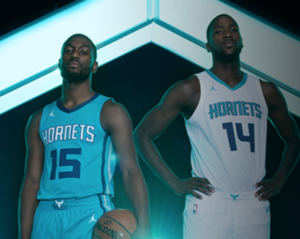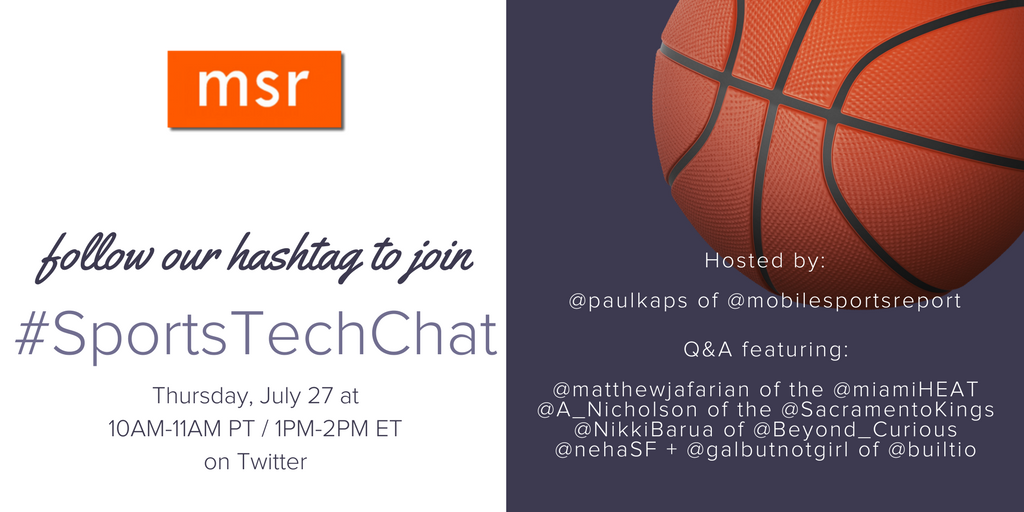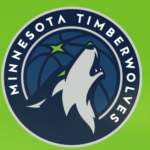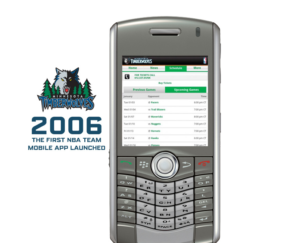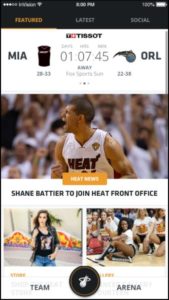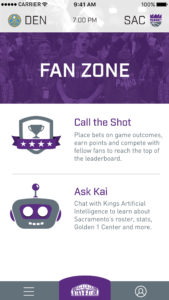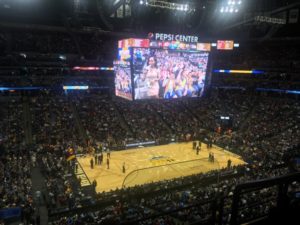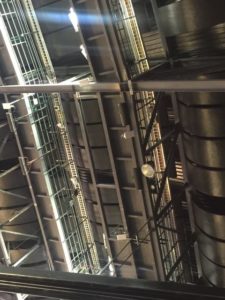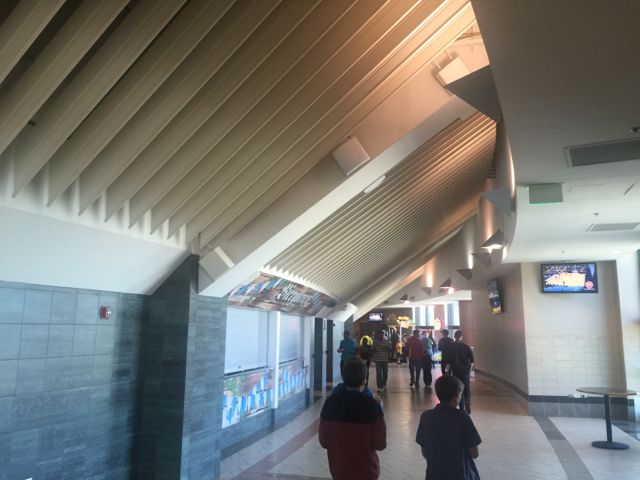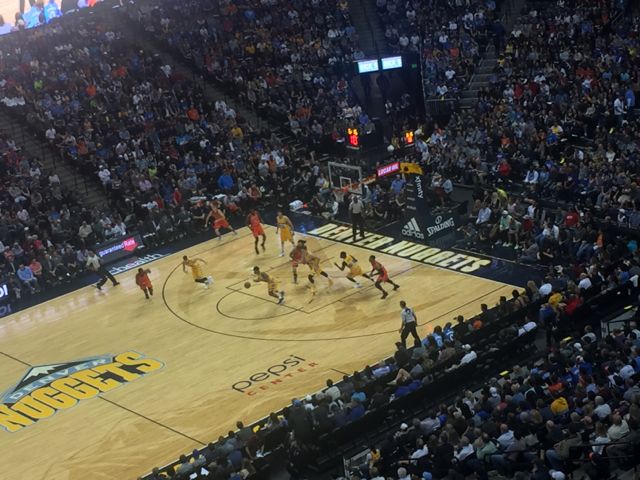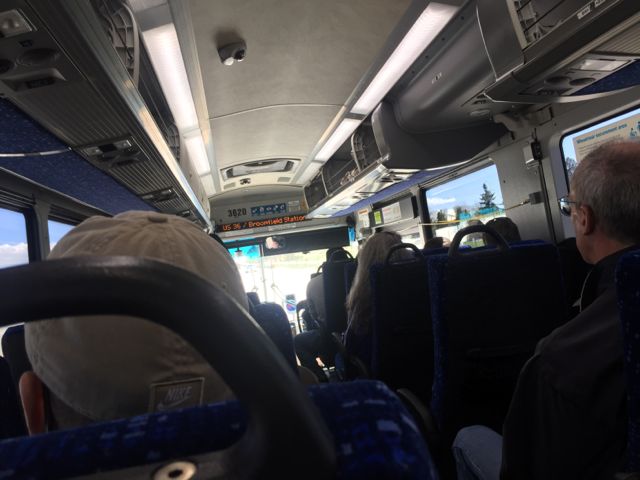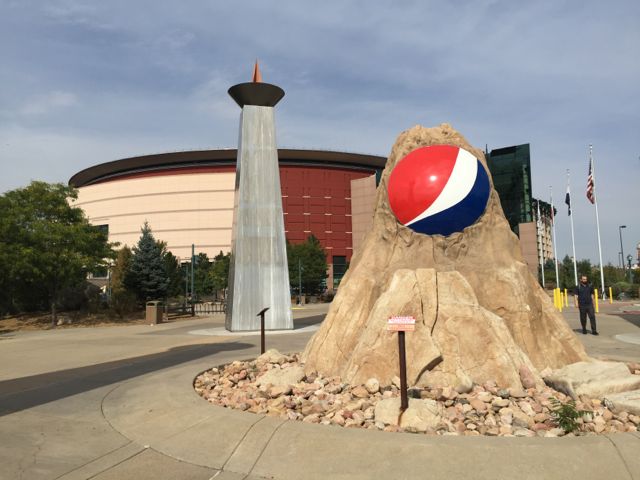There’s no official announcement yet but the Utah Jazz today confirmed the scoop that was announced by CIO BJ Vander Linden last week at the Mobile World Congress Americas show, that the Jazz will use VenueNext for a new stadium app for the upcoming season.
Scoop from #MWCA17 : @utahjazz is newest customer for @VenueNext stadium app
— paulkaps (@paulkaps) September 14, 2017
More details will likely become available as we get closer to the tipoff of the 2017-18 NBA season, but in the meantime it’s interesting to ponder what has become of the equity deal struck between app provider YinzCam and the NBA 2 years ago.
Under the terms of that deal, YinzCam was supposed to “re-do” the stadium apps for 22 of the NBA’s teams, with things like food delivery and ticket services included. With two of those teams (the other is the Minnesota Timberwolves) now having announced plans to use VenueNext, there is a valid question about what is happening with YinzCam and some of its former clients.
Mobile Sports Report has reached out repeatedly to YinzCam CEO Priya Narasimhan over the past couple months, but we have not yet received a reply.
